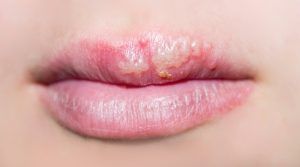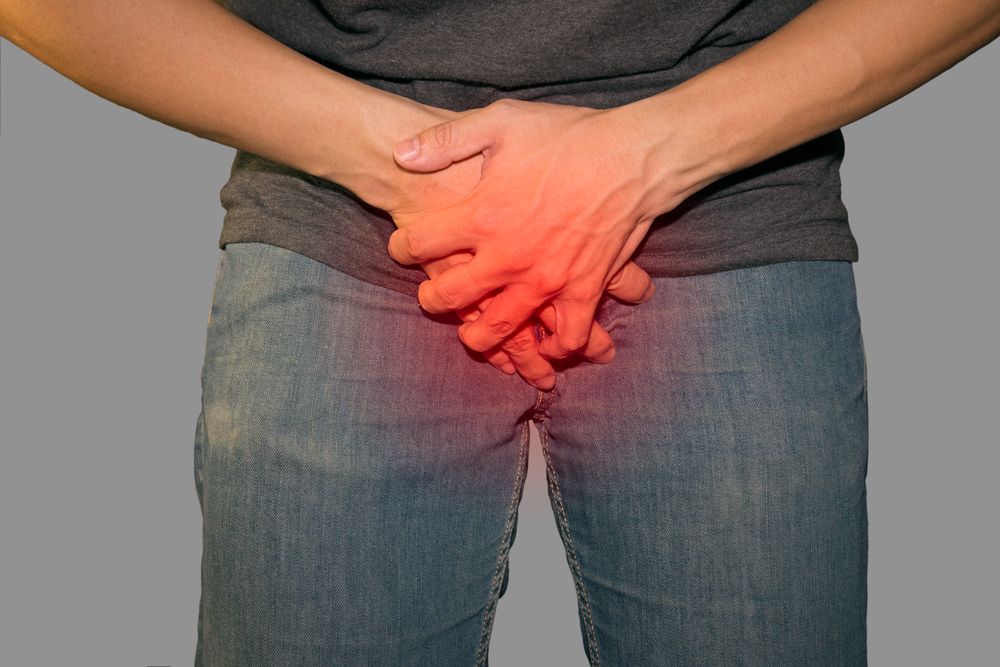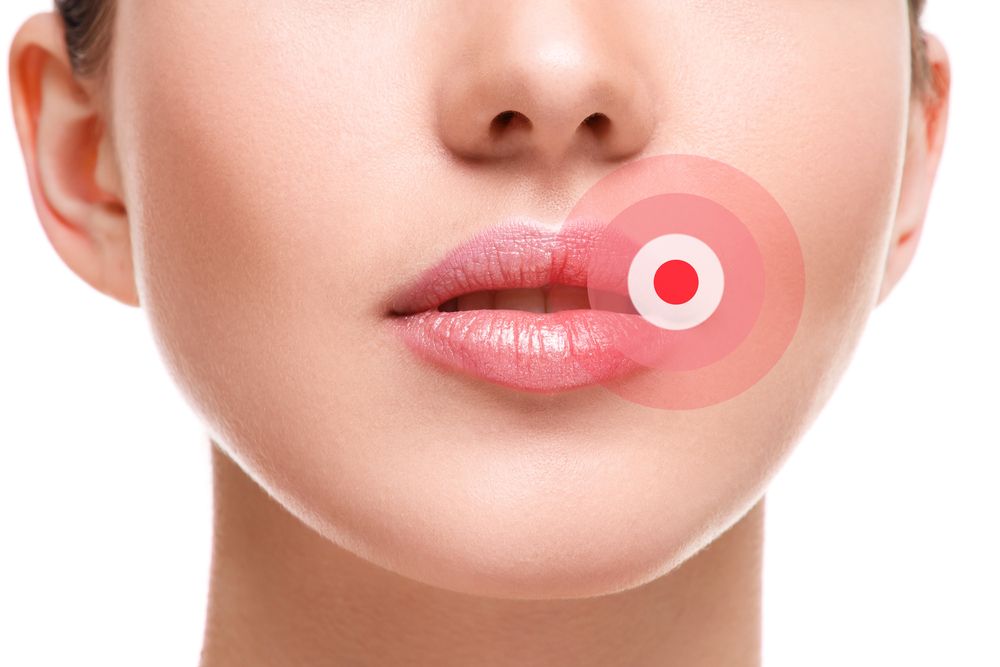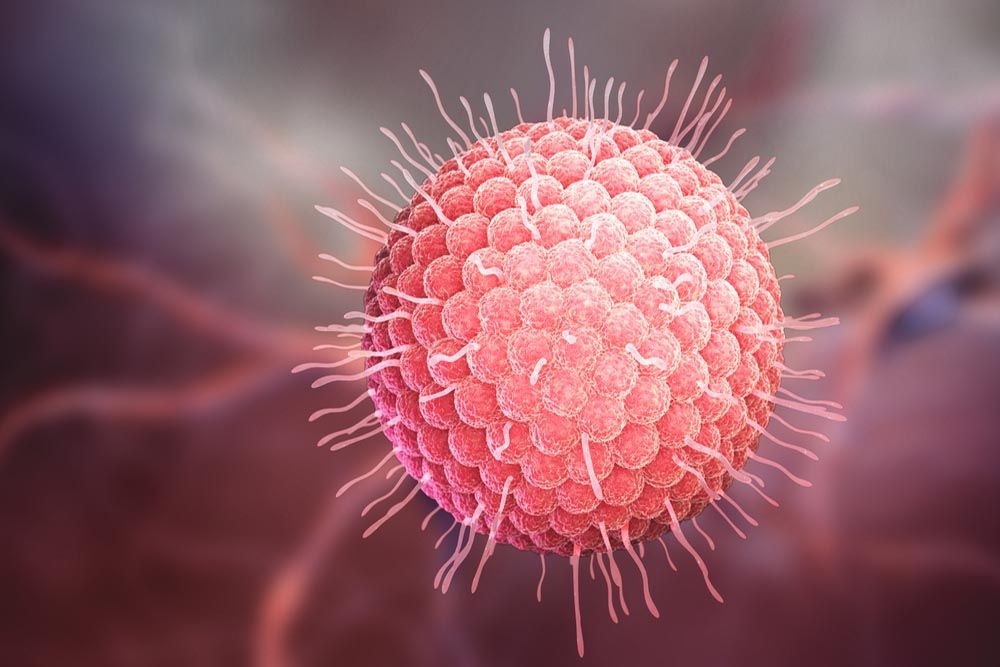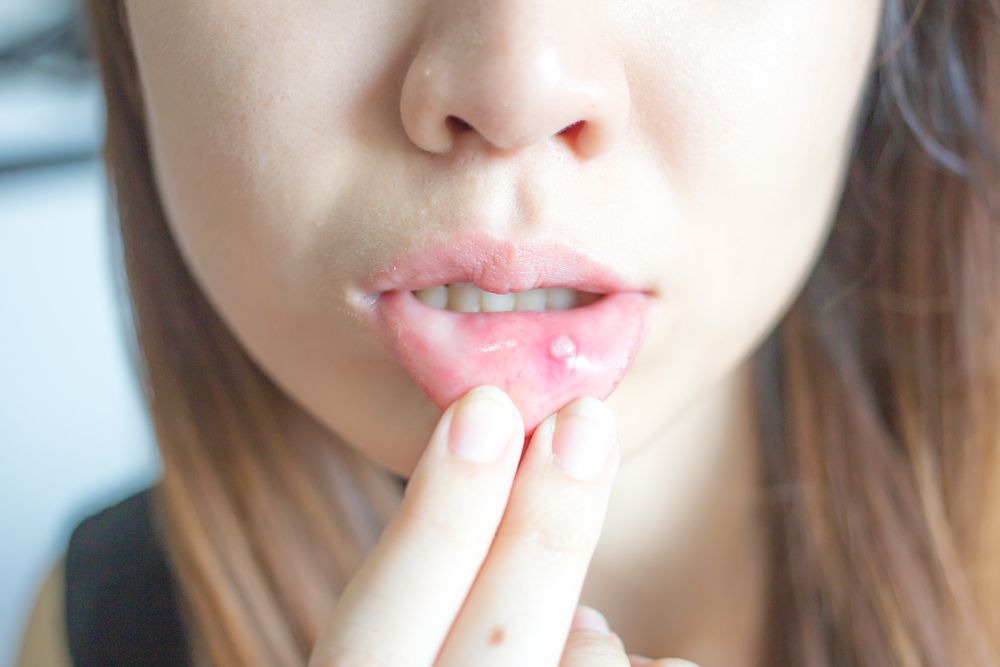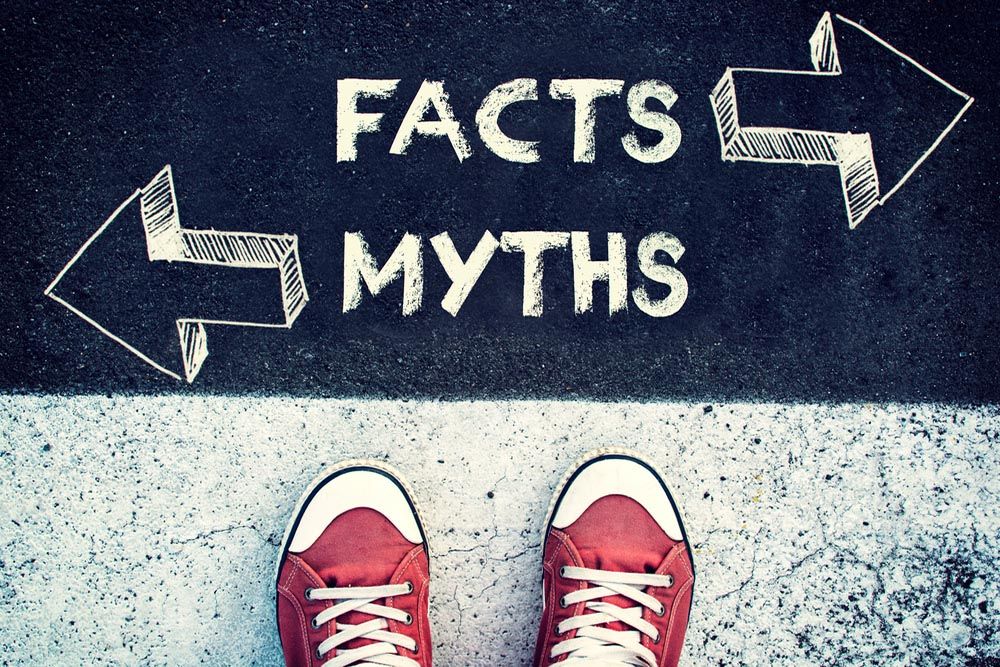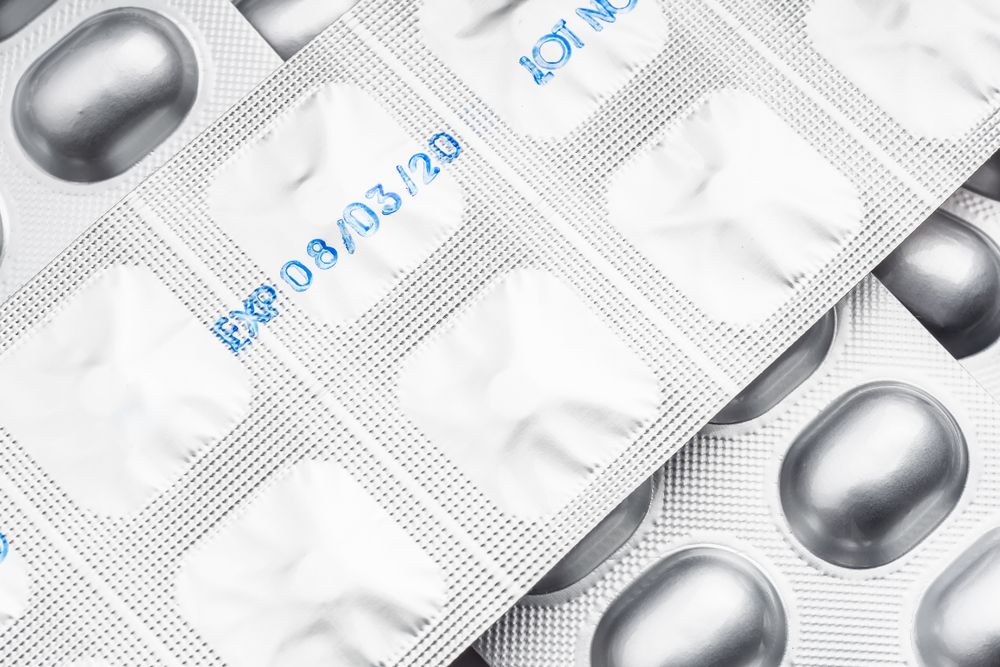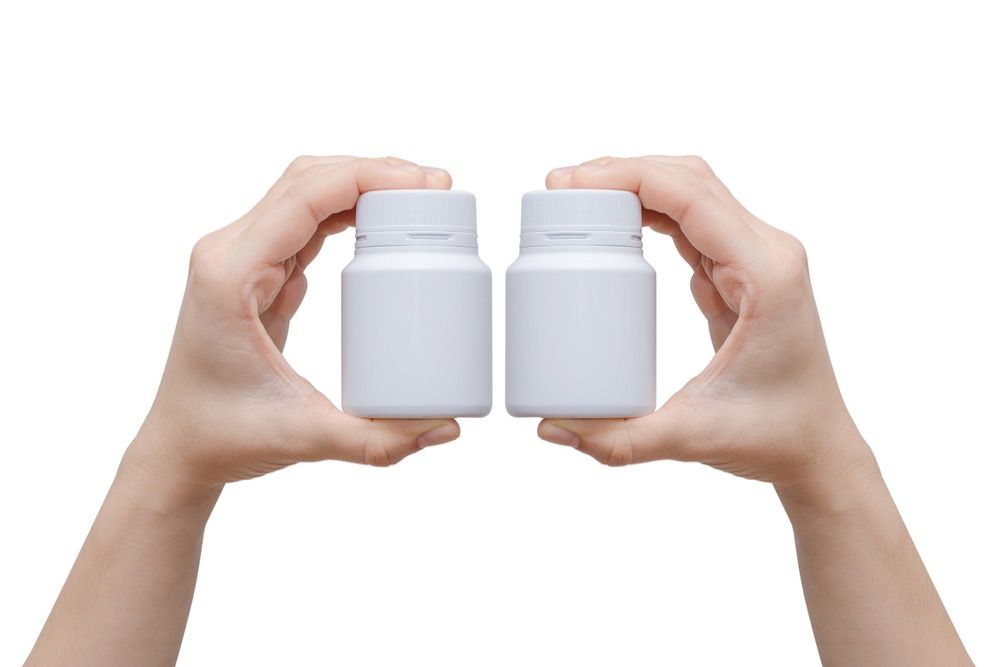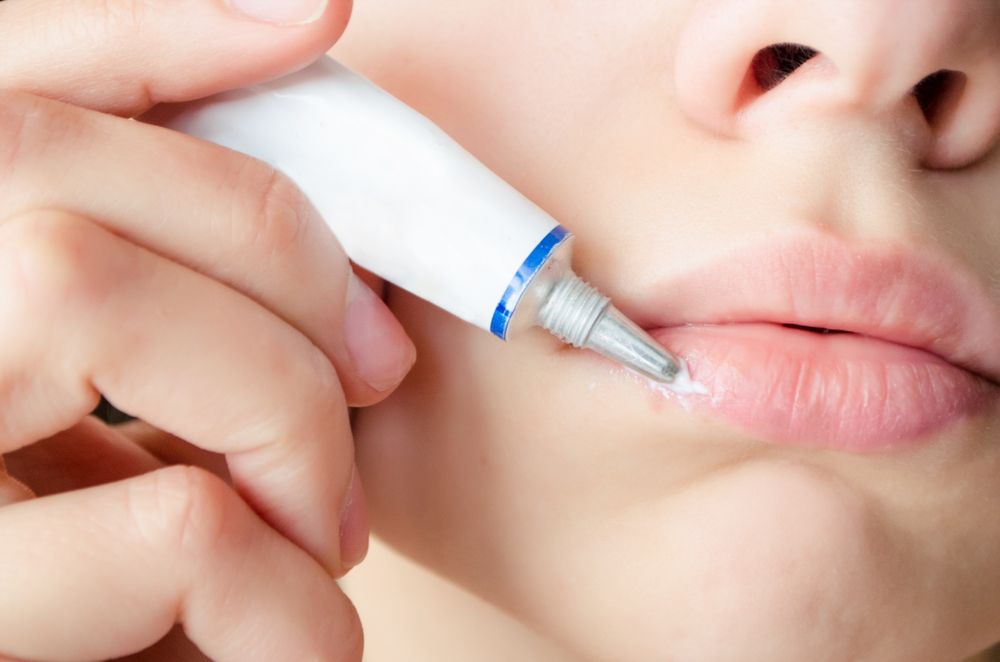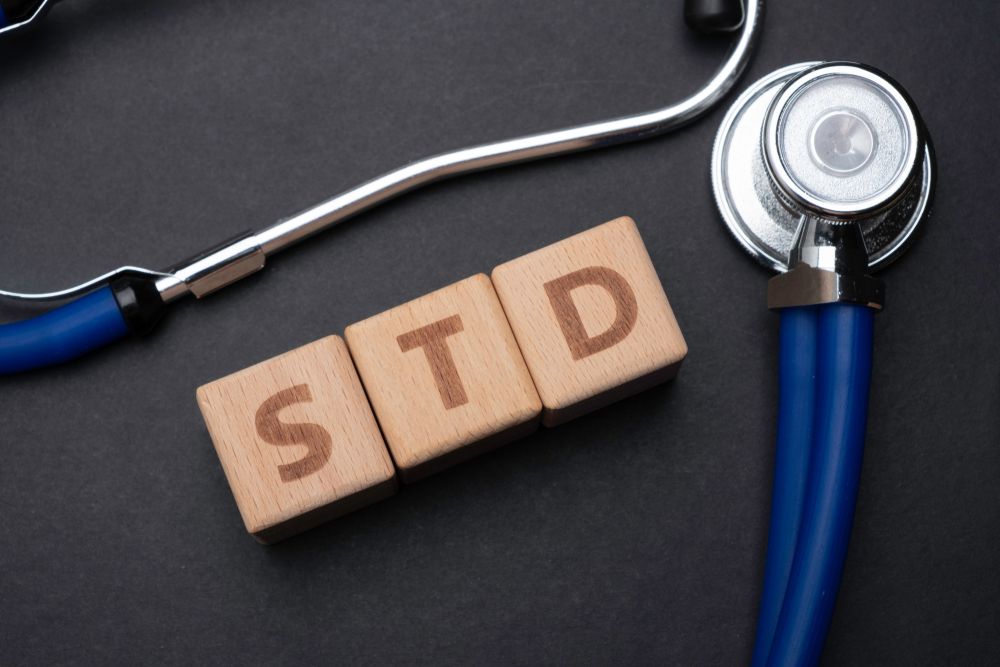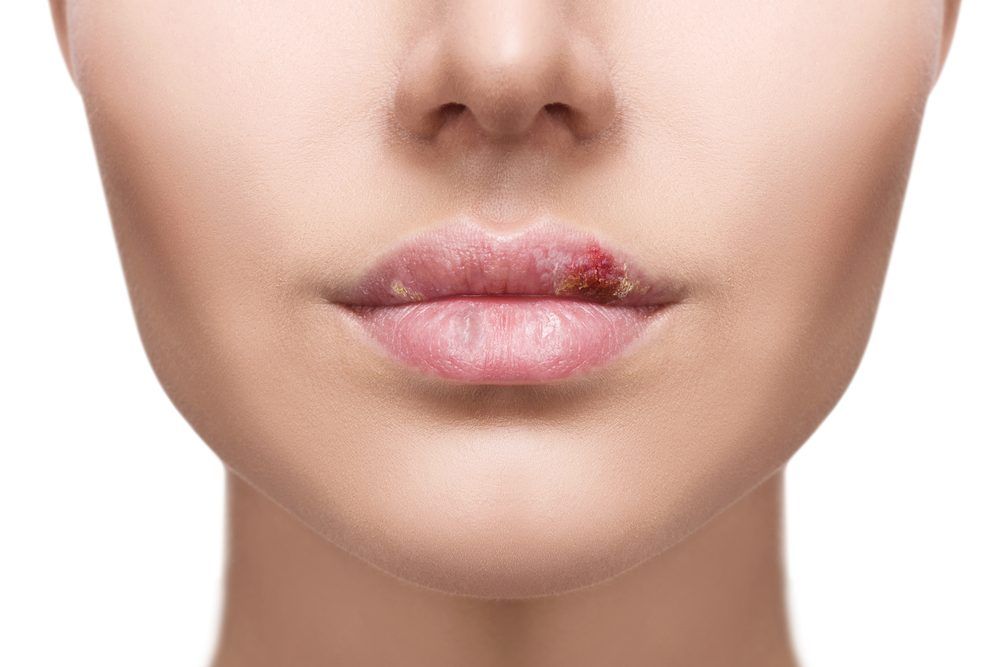Although there are over 100 different herpesviruses, there are two different types of herpes simplex viruses that most people are referring to when they use the word herpes. (Learn More)
Herpes is contracted from a virus. (Learn More) It is relatively common worldwide. (Learn More)
Although herpes comes from a virus, the lesions that appear in both types of herpes may be triggered by certain environmental events. (Learn More)
Despite many different claims, there is no cure for herpes. (Learn More)
You can treat the discomfort associated with an outbreak of the sores. (Learn More) There are potential treatments you can try at home. (Learn More) You can buy over-the-counter treatments (Learn More) or get certain medications with a prescription. (Learn More) You can also utilize complementary and alternative approaches. (Learn More)
If you suffer from herpes, discuss your needs with a physician to find the treatment that works best for you. (Learn More)
What Is Herpes?
Herpes is caused by one of two different viruses, and it comes in an oral form and a genital form. Although both forms of herpes are relatively common, there is no cure for either one.
The herpesviruses represents a family of viruses that infect DNA and can cause diseases and infections in many different mammals. There are over 100 different known herpesviruses, but only eight (some sources say nine) are known to infect humans.
Among these are the varicella zoster virus, which causes chickenpox and shingles; the Epstein-Barr virus, which causes mononucleosis and other diseases; and the herpes simplex viruses, which are the causes of oral and genital herpes.
When most people are talking about herpes, they are referring to these last two viruses.
HSV-1 and HSV-2
According to the Centers for Disease Control and Prevention (CDC):
- Oral herpes is caused by the herpes simplex type I virus (HSV-1). It typically appears as cold sores or fever blisters on your lips.
- Genital herpes is caused by the herpes simplex type 2 virus (HSV-2) or the HSV-1 virus. It appears on the genitals and/or other parts of the body.
How Do You Get Herpes?
Most people who have oral herpes were infected when they were children and or during young adulthood from being in contact with affected saliva from someone else who had the virus.
Genital herpes is contracted through sexual contact with someone who is infected with the HSV-2 virus or from oral contact to the genitals with a person who has oral herpes. You can also contract genital herpes from sexual contact with an infected person even if the sores are not present or visible on them.
Is Herpes Very Common?
Many sources suggest that 90 percent or more people in the world would test positive for the HSV-1 virus. Genital herpes may be present in 15 percent of individuals over the age of 14.
In many people, the virus remains dormant inside their cells until some event triggers an outbreak.
What Can Trigger the Sores to Appear?
There are many factors that appear to trigger an outbreak of sores for someone infected with genital herpes and even for oral herpes. Triggers may include the following:
- Stress
- Another illness, such as a cold or the flu, that weakens the immune system
- Certain foods
- Menstruation
- Certain activities like vigorous exercise
- Environmental conditions, such as exposure to sunlight
Is There a Cure for Herpes?
No. Despite any marketing claims, there is no cure for HSV-1 or HSV-2. There have been vaccines developed for other herpesviruses, like chicken pox, but not for these strands.
A recent attempt to market a “natural cure” for herpes has been soundly debunked by numerous sources. Although there are ongoing research studies that are investigating potential cures for both types of herpes, there are no clinical trials of any product that has been demonstrated to eliminate the virus in anyone.
Given the prevalence of people infected with herpes, if there were such a product developed, its creators would be contenders for the Nobel Prize.
Can Herpes Be Treated?
You can address some of the symptoms associated with an outbreak of either type of herpes. You can try some approach that you can put together at home, an over-the-counter medication, or prescription medications.
There are ongoing research studies to develop a viable vaccine for these two viruses. Since there are numerous barriers to developing an effective vaccine, it may be some time before one is available.
Home Remedies for Herpes
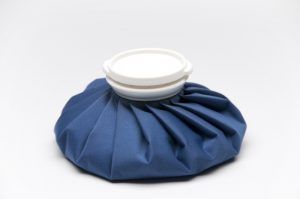
You can take some actions to reduce the pain and discomfort associated with the lesions from either type of herpes. These efforts can reduce the chances of the sores spreading to other parts of your body or getting worse..
- Apply an ice pack or cold compress on the lesions to reduce discomfort. This will not affect the spread of the lesions, but it can reduce pain.
- Keep the lesions clean to avoid infection and discomfort.
- Do not touch or scratch the sores in order to reduce the chances that they will spread.
- Learn stress management techniques to help your immune system function at its optimal level. This can reduce potential outbreaks.
Over-the-Counter Treatments
There is one FDA-approved antiviral drug for herpes you can get over the counter. Antiviral medications reduce the ability of the virus to multiply, but they do not eliminate it.
There are also some other pain-relieving lotions and medications you can get over the counter that may help.
- Docosanol (brand name: Abreva) is approved by the FDA to treat issues associated with herpes. It is a cream you apply to the area of your body that is infected with the lesions. Apply it about every three to four hours. It is for external use only.
- There are other medicated creams that may reduce the pain associated with the sores of either type of herpes. Check with your physician to learn which of these may be work for you.
- Over-the-counter analgesics like Tylenol (acetaminophen) or Advil (ibuprofen) may relieve pain associated with the sores.
Whenever you apply lotion or cream to an affected area, wash your hands before and after.
These products are only designed to be used externally. Make sure they are only used according to their instructions.
Prescription Medications
The three FDA-approved prescription antiviral medications are designed for the treatment of genital herpes. They can interfere with the virus multiplying in your body, but they cannot rid your body of it.
Using these medications has been shown to reduce the risk of transmitting the disease to someone else through sexual contact. The risk is not eliminated, but it is reduced, even during an outbreak.
These antiviral creams are designed to be used externally. You should always thoroughly wash your hands after applying them to the infected area.
- Acyclovir (brand names: Sitavig or Zovirax).
- Famciclovir (brand name: Famvir)
- Valacyclovir (brand name: Valtrex)
Dosages are determined by the prescribing physician. The medication is typically applied several times a day for 7 to 10 days, although the physician can extend the treatment if needed.
Complementary and Alternative Medicine Treatments (CAM) Might Help
The CDC also acknowledges that there are some complementary and alternative medicines (CAM) or treatments that have some research support. These may alleviate some of the discomfort associated with genital herpes.
- Algae extract may inhibit the growth of the HSV-2 virus.
- Acupuncture may relieve some pain caused by the lesions. When acupuncture is performed under unsanitary conditions, it can spread the virus.
- Propolis is a substance produced by bees. There is some research that suggests it may aid in the healing of lesions associated with herpes.
It is best to use CAMs in conjunction with other treatments. Inform your physician if you plan to use any of these.
What Is the Best Treatment?
The best way to address either form of herpes is to discuss your situation with your physician. Together, you can assess how much discomfort you experience when you have an outbreak.
For most people with oral herpes, simple over-the-counter creams can control any discomfort until the blisters disappear.
People who have genital herpes often experience significant discomfort and embarrassment as a result of their outbreaks. They will most likely be prescribed a medication to control outbreaks.
CAMs will appeal to a certain subset of the population who prefers to avoid medications. These treatments may provide some relief, but they are not as effective as FDA-approved medications.
References
Overview of Herpesvirus Infections. (May 2018). Merck Manuals.
Genital Herpes – CDC Fact Sheet. (August 2017). Centers for Disease Control and Prevention.
How Does Herpes Testing Work? (2019). American Sexual Health Association.
Synergy’s ‘Herpes Cure’ Will Leave You Cold (Sore). (March 2019). American Council on Science and Health.
Herpes Vaccine Development: Priorities and Progress. (October 2018). Verywell Health.
Docosanol. Drug Bank.
Genital Herpes Treatment and Care. (December 2016). Centers for Disease Control and Prevention.


